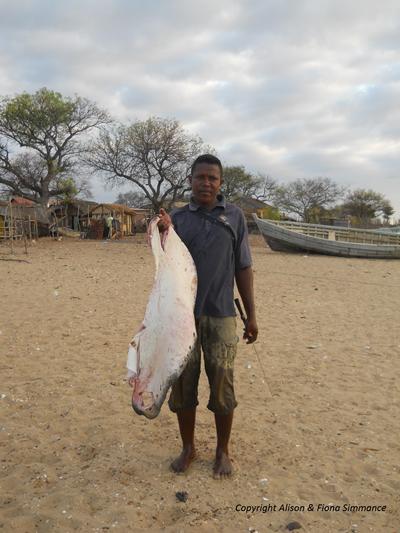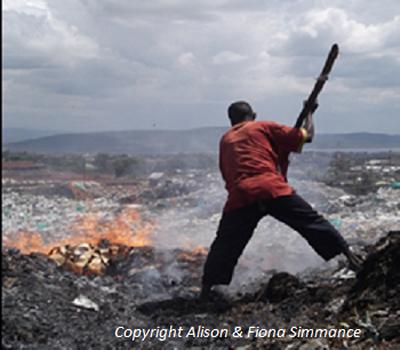This research group engages in research that can provide insight and understanding of complex social-ecological systems in order to improve the scientific basis for sustainable development.
Global environmental change is by nature a temporal phenomenon: elements of natural and human systems respond sequentially as key features of the social, economic, climate and ecological systems evolve. The trajectory of such change is often difficult to predict because the interaction of a range of elements results in complex behaviour of the system as a whole: oscillations, changes of state and tipping points, and other non-linear responses. These responses determine to some extent the status of qualities that are perceived to be desirable, such as ‘resilience' and ‘sustainability'. In addition, societal responses may be governed by cultural and/or economic constraints that lead to ‘maladaptive' responses-or they may allow effective adaptive change.
Current Complex social-ecological systems research projects
Improved understanding of real world social-ecological systems is seen by many as one of the major challenges facing management of food supply, biodiversity and other ecosystem services across the world. Complexity theory - including variants like resilience theory - has pointed to the importance of utilizing mathematical concepts and models to better understand the nonlinear, emergent effects in such systems that lead to unpredictable changes such as critical transitions. Our aim is to take stock of how complexity theory may be applied to the real world situations. For more information please see the linking theory and reality webpages.
WUN group
The current project involves the Worldwide Universities Network (WUN) group that met in Winchester in July 2011 to discuss the subject "Adapting to Climate Change: Ecosystem Services and People".
The group includes researchers and practitioners in different spheres who have shown an interest in how their particular systems of interest might be understood in terms of complexity, for example: LEDC subsistence village communities; extensive dryland farming systems; natural resource/natural areas management in biodiverse landscapes, and water resource management.
The workshop tackled these issues with the aim of creating a position paper and also of developing possible ideas for research proposals. The list below contains some more specific questions related to complexity approaches that you might wish to consider.
- Identify the nature and timescales of drivers, stresses and impacts in modern systems: convergence of trends, frequency-magnitude regimes, cyclical behaviour, fast vs. slow processes.
- Describe the paths and drivers of trajectories for ecosystem services, other system elements, and the whole system: second-order changes; implications for maladaptive path-dependent scenarios such as ‘poverty traps'.
- Identify the types of threshold change inherent within the system. Anticipate how far present system is from tipping point (eg. slowing-down dynamics). Where threshold change exists, describe the present and future system state in terms of multiple or alternative steady states. What will the new state look like?
- Describe networks of socio-ecological interactions (e.g. energy, information) and their evolution from the past into the future: establish the links between network typology, efficiency, stability and resilience.
- Consider the possibility of developing bottom-up and top-down ‘evolutionary' socio-ecological simulation models that can be run into the future to address key questions: system dynamic, ABMs, cellular, and combinations.
Perfect Storms
Other activities have considered the theoretical needs for coping with multi-decadal convergence of major global variables, like population, food and energy demands, and climate change: labelled a Perfect Storm by Sir John Beddington, UK Chief Scientist. The group has brought a number of ideas together in a recent publication in Environment Management (Dearing et al 2012).

